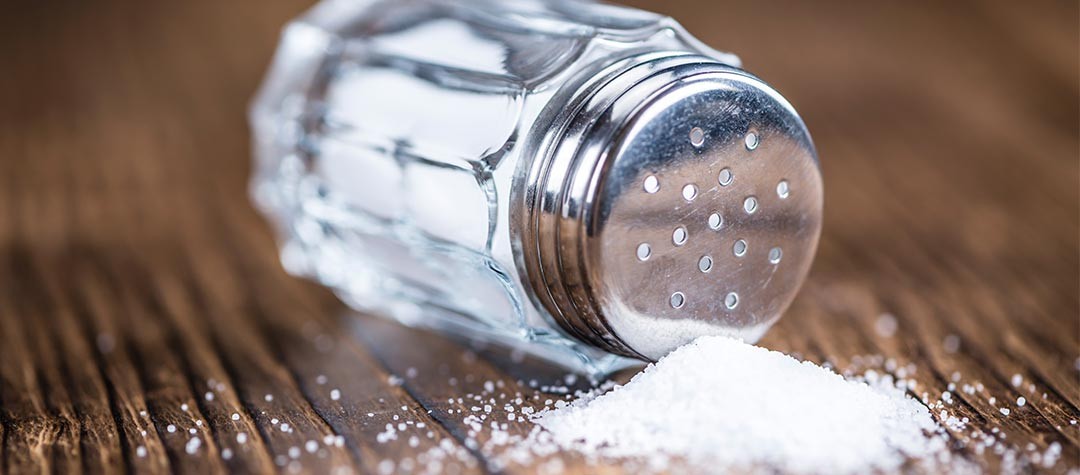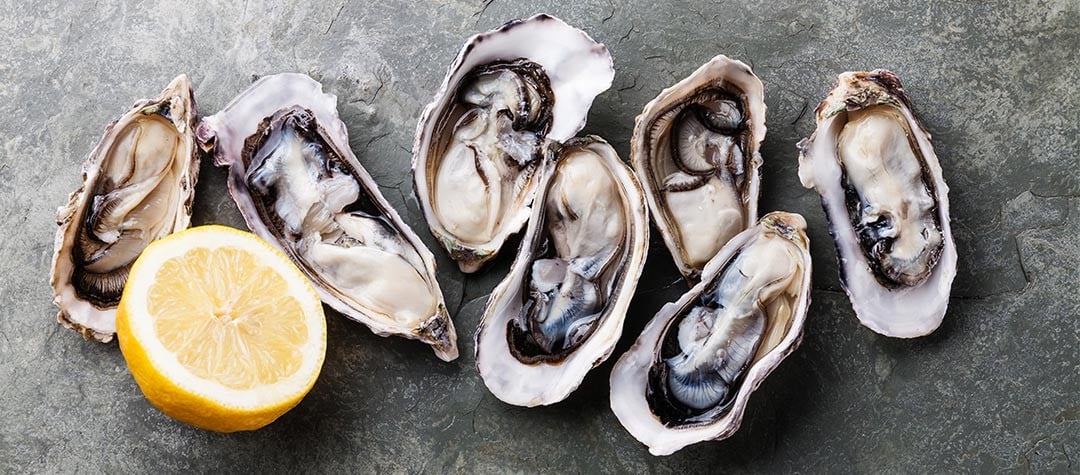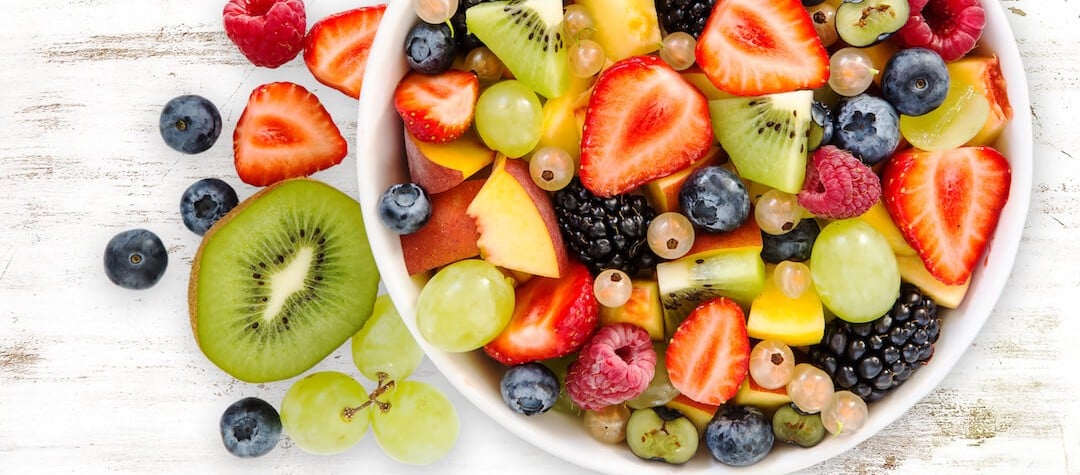Salty foods have long been blamed for rising levels of heart disease, and new research indicates a diet that’s high in salt can also lead to osteoporosis and even stomach cancer. As a result, there’s never been a better time to cut down your daily salt intake.
The truth about salt
Our takeaway culture has embraced salt as if it’s going out of fashion. From restaurant meals and fast food through to supermarket sandwiches, it’s actually a shock these days not to see our dishes doused in the white stuff.
Consuming too much salt can lead to huge health problems, with high blood pressure, heart defects and greater stress all linked to it. But is there any way of escaping this salt fixation, or are we destined to sprinkle our lives away?
Thankfully, reducing the amount of salt we consume shouldn’t prove such a chore. In fact, as the following points will provide you with a helping hand when it comes to cutting down your daily salt intake:
1. Gradually wean yourself off salt
If you love nothing better than a salty fry-up, it’s unlikely you’re going to be able to cut salt from your diet overnight. Instead, try and ease yourself off it gradually, consuming fewer salty dishes over a number of weeks. That way your taste buds will have time to adapt themselves to life without salt. Even if temptation does set in, try and avoid ‘alternative’ types of salt such as sea or low-salt. Using these will only have you hankering for more.
2. Reducing salt at the dinner table
So often people sitting down to dinner, grab the nearest salt shaker and flood their food with it before even tasting their meal. Not all food needs additional salt though, so if you’re a compulsive shaker, try and get out of this pointless habit ! Similarly, why not try removing the salt shaker from your table at dinner times, so that you’re less tempted to tinker with it? Any meal worth its salt won’t need any!
3. Eat fresh meat when you can
This may seem an obvious point but fresh meats will nearly always be lower in natural salt than cured or smoked dishes. So even if you’re tempted by a nice slice of cured bacon or cold-cut ham, don’t give in! Opt for some juicy fresh meat instead, from your local butchers …
4. Ditch the salt and spice up your eating habits
We rely so much on salt when trying to flavour our dishes but there’s a whole world of spices just waiting to be discovered, all of which can stop you succumbing to the dreaded white crystals. Here’s a slice of sage advice: if you find the thyme, why not ditch the salt and try some garlic, basil, coriander or chives instead?
5. Be on ‘salt-alert’ when shopping
Shopping can be a real nuisance these days with everyone seemingly conspiring to plough into your trolley at every turn. Nevertheless, the frustrations of food shopping should never stop us from remaining ‘salt-alert’ when perusing the store. Don’t dump a pile of convenience foods, salty snacks and microwave meals into your basket to quickly escape back home. Instead, make sure you go for foods that claim to be low in sodium, with no added salt.
6. Try and buy fresh vegetables
Canned vegetables are frequently preserved in sodium-rich brine that tastes metallic and bitter, not exactly doing wonders for your health. So ditch the canned stuff and always opt for fresh vegetables if possible. The only salt you’ll find in them will be natural and free of the funny-tasting preservatives that make canned vegetables so memorable for all the wrong reasons.
7. Cut down on salt and lead a healthier life
Salt may add flavour to otherwise bland dishes, but its tingle on the taste buds comes at a price. Excess salt could potentially prove deadly and it’s therefore essential we all crack down on the quantities we consume. Eating salt is fine as part of a healthy and balanced diet but make sure you keep things in moderation. Only by enjoying a range of fresh meats, low-salt meals and tasty vegetables will we fully regulate the salt in our diets.














